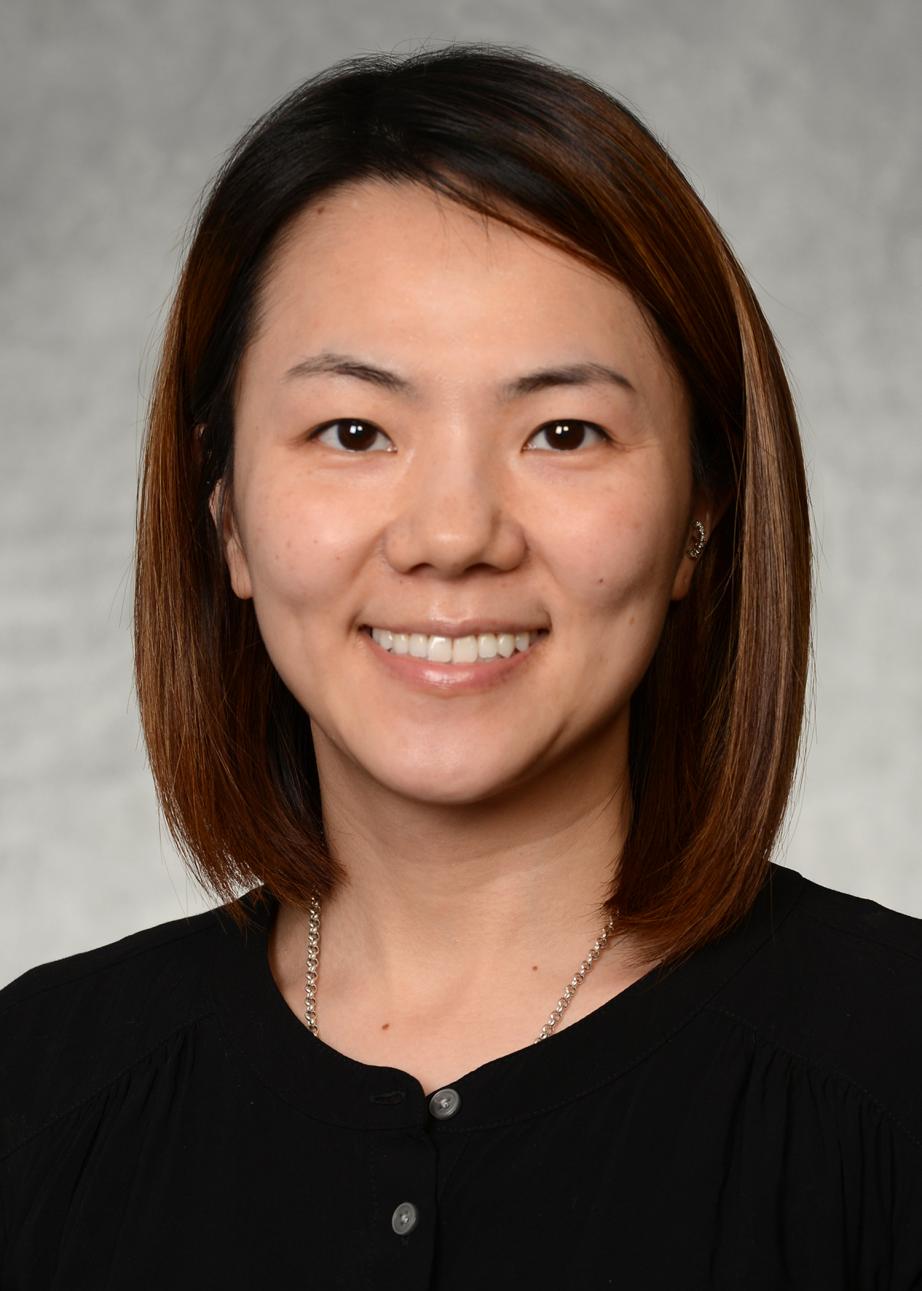B.S. in Social Work, Tunghai University, Taichung, Taiwan
M.Ed. in Counseling, University of North Texas (CACREP accredited, Community Mental Health Counseling)
Ph.D. in Counseling, University of North Texas (CACREP accredited)

Assistant Professor in Rider’s Department of Graduate Education, Leadership, and Counseling
College of Education and Human Services

B.S. in Social Work, Tunghai University, Taichung, Taiwan
M.Ed. in Counseling, University of North Texas (CACREP accredited, Community Mental Health Counseling)
Ph.D. in Counseling, University of North Texas (CACREP accredited)
Clinical Mental Health Practicum; Test, Measurement, and Assessment in Counseling; Play Therapy; Filial Therapy; and Counseling Children, Adolescents, and Their Families.
Courses designed by Dr. Cheng at Rider University that have a focus in play therapy
Her students graduate to roles in school settings, private practices, community agencies, mental health clinics, universities and career centers. Students may also develop different specialty/focus such as addiction, play therapy, dance and movement therapy, eating disorders and trauma work.
Yi-Ju first completed her bachelor degree in social work at Tunghai University in her home country of Taiwan. She then went on to complete both her master’s and doctoral degrees in counseling with a specialty in play therapy from the University of North Texas. Throughout her studies in the United States as an international student, Yi-Ju recalls that she “experienced unique challenges that most international students may experience such as language barriers, cultural differences, homesickness, microaggressions, discriminations, etc.” These experiences provided Yi-Ju with opportunities to explore and reflect on how her cultural identities impact her lived experience in the U.S. Now, as a counselor educator with an international identity, she tries to continuously deepen her own cultural humility and multicultural counseling competencies. “I also hope I can provide support for international students to help them feel recognized and cared for throughout their learning journey in a foreign country,” she said.
As someone with an international identity, it was important for Yi-Ju to work and live in a place where she felt safe and welcome. “When I interviewed at Rider for the tenure-track position, I recognized it has diverse student populations and faculty backgrounds,” she said. She remarks that “the faculty has been supportive of me and my specialty in play therapy.”

When I interviewed at Rider for the tenure-track position, I recognized it has diverse student populations and faculty backgrounds. In addition, the counseling faculty were warm and relational which made me feel like these are the people that I can work with and to develop relationships with.”
In the Clinical Mental Health Practicum, students work with real clients in the field and learn many of the responsibilities that a counselor has such as writing session notes, doing intake, writing treatment plans, collaborating with other professionals and crisis management. Yi-Ju’s role in this course is to supervise students, help them to apply the knowledge that they have learned in class, discuss ideas with them on how to advocate for clients within the system, to help them explore their own counseling style in relation to the counseling guiding theory, to help them understand and conceptualize clients, to incorporate diversity and human development into conceptualization of clients, and to facilitate support for peers.
Yi-Ju’s Play Therapy course is a developmentally modality for working with children. Her course focuses on the fundamental principles and skills of play therapy. In her class, each student gains an understanding of children’s developmental way of communication, and acquires the play therapy skills and attitudes needed to facilitate children’s expression, self-understanding, development, and growth.
In Yi-Ju’s other course, Filial Therapy, students learn about the history, principles, and skills of filial therapy, with an emphasis on Children Parent Relationship Therapy (CPRT). Students have the opportunity to strengthen their play therapy skills, develop the ability to conduct CPRT, and to learn how to facilitate systemic changes in the children’s lives through working with parents/caregivers.
Yi-Ju’s students enjoy taking her classes because she is able to facilitate an environment where students feel comfortable and safe to express themselves and to step out of their comfort zone to challenge themselves. She attributes her ability to be understanding and flexible to alleviating some anxiety and stress for her students. She also tries to incorporate different activities and modalities when it comes to teaching to accommodate different learning styles of students. Overall, she says “I always try to get to know my students and to develop relationships with them because I believe that a safe relationship is the foundation for growth.”
Yi-Ju is not only an inspirational teacher, but an involved member of the Rider community. She serves as the co-faculty advisor for Chi Sigma Iota: Counseling Honor Society. She also has created a video with a few other faculty members to provide support for the international students in the College of Education and Human Services, and by holding a support group for them as well. “It is a work in progress and I look forward to connecting with more international students and to support them in the way they need,” she said.